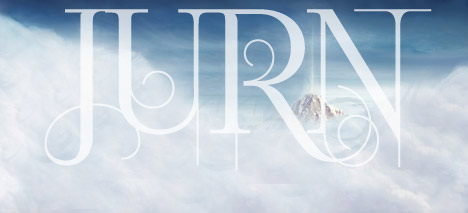Capturing the spark: PISA, twenty-first century skills and the reconstruction of creativity
Material type: TextSeries: Globalisation,Societies and Eduacation ; 22(2)Publication details: United Kingdom Taylor & Francis 2024Description: 156-171Subject(s): Online resources:
TextSeries: Globalisation,Societies and Eduacation ; 22(2)Publication details: United Kingdom Taylor & Francis 2024Description: 156-171Subject(s): Online resources:
| Item type | Current library | Call number | Status | Date due | Barcode | |
|---|---|---|---|---|---|---|
| Article | Library and Documentation Division NCERT | Not for loan |
Creativity has fascinated scholars for generations, and its identification as one of the key ‘twenty-first century skills' necessary for economic growth has led to renewed interest. This creates two challenges for the OECD: its flagship Programme of International Student Assessment (PISA) does not directly measure creativity. Secondly, the increased importance attached to creativity has highlighted claims that high performers on PISA are largely nations stereotyped as lacking creativity. This challenges PISA's self-proclaimed status as the premier global benchmark for evaluating and comparing the quality of school systems and weakens its capacity to deliver its core mission; to identify ‘best practices' which ensure economic prosperity. We explore these challenges and examine both how the OECD has responded to them and is moving to include creativity in PISA 2022. We argue that, while a precise definition of creativity has defied scholars for centuries, the indications are that the OECD's metric will focus on a narrow, convergent and easily-measured conception associated with cognitive competencies and linked to enhancing human capital. In this way, the ‘messiness’ around the polysemic concept will be simultaneously both exploited and threatened, as new, measurable versions displace alternatives.
There are no comments on this title.







